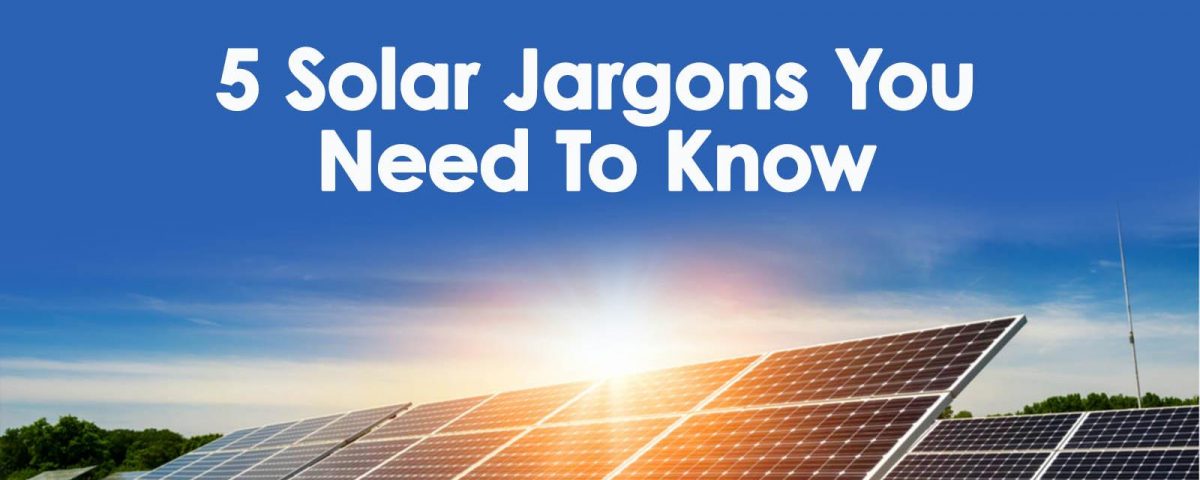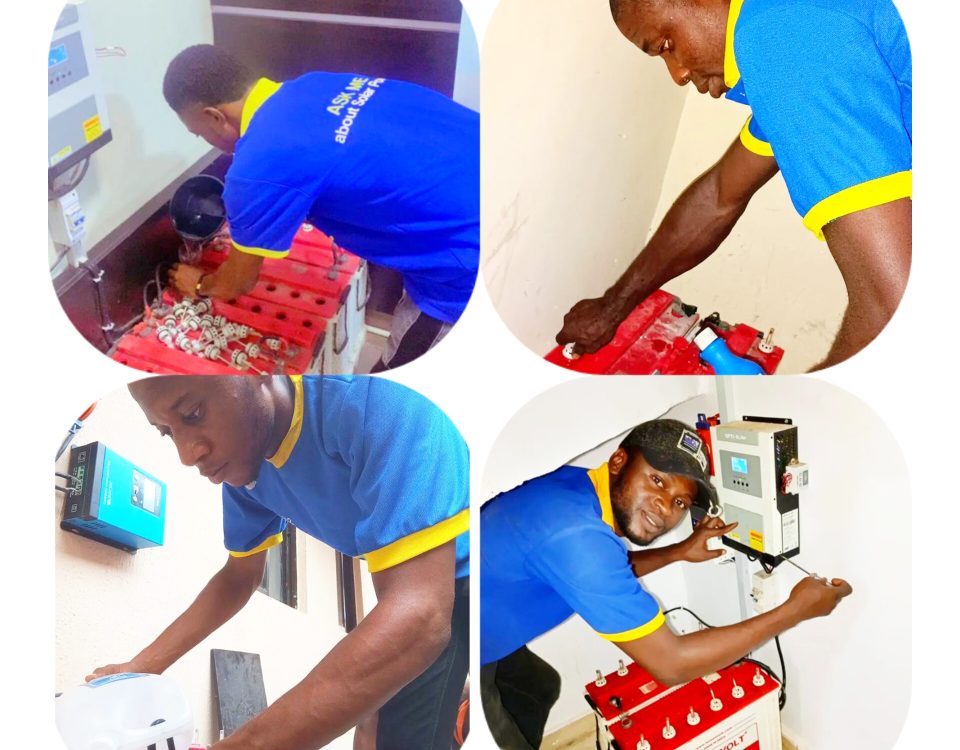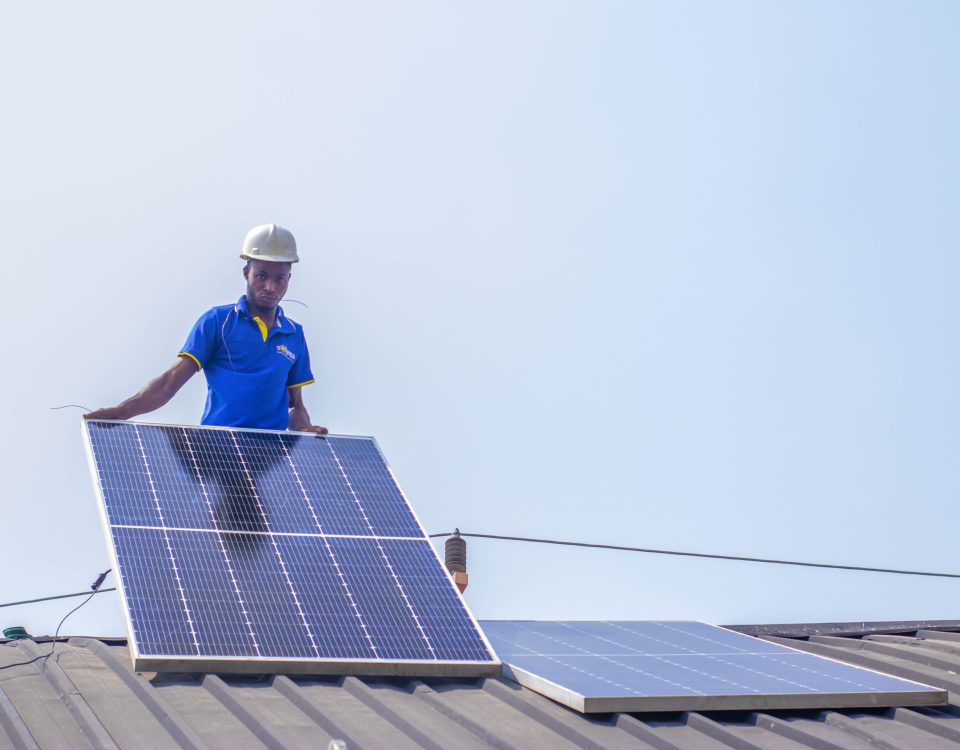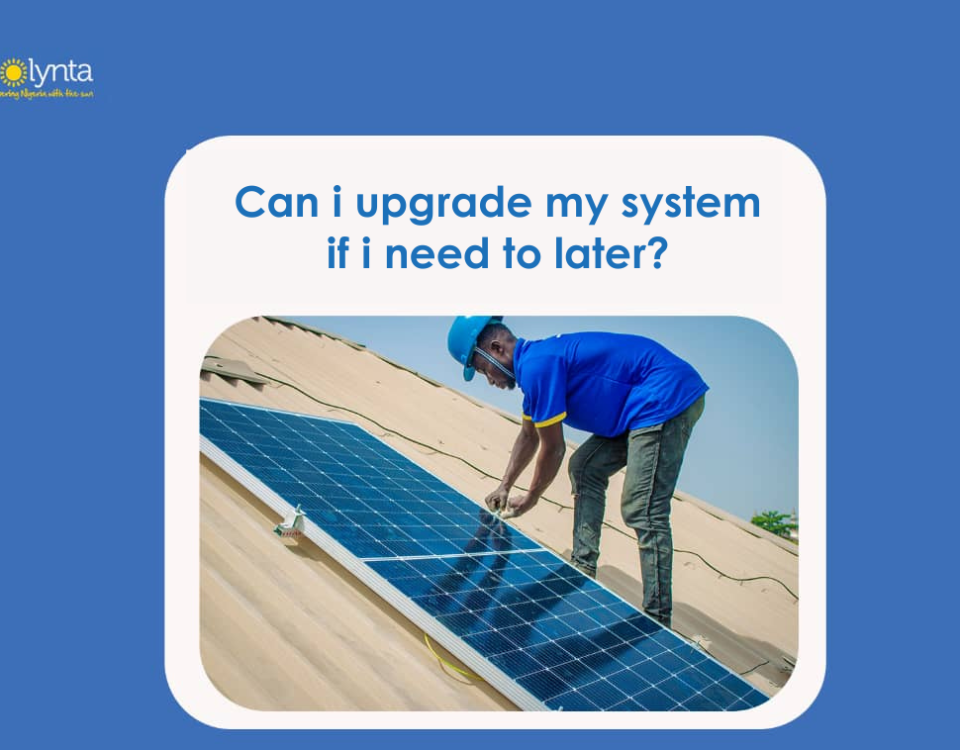11 Solar Jargons You Need to Know

Nigerian entrepreneur builds electric mini-buses in clean energy push
2022-05-24
Solar in 5 Unusual Places
2022-06-19If you are considering going solar you may find the industry jargon confusing. However, learning the language is important and will help you to understand how the technology works and can benefit you. That’s where we can help. In this article we will be decipher the key terms in the industry. Let’s get started!
Thank you for reading this post, don't forget to subscribe!- Alternating current (AC)
Alternating current describes the flow of charge that changes direction periodically. As a result, the voltage level also reverses along with the current. Today our household appliances are predominantly powered by alternating current. - Direct current (DC)
Direct current is one-directional flow of electric charge. Solar panels produce direct current which is stored in the batteries. This DC power needs to be converted into AC power by an inverter for most appliances to be able to use it. - Photovoltaic cell (PV cell)
This is one of the most common words you will hear and relates to your solar panels. A photovoltaic (PV) cell, commonly called a solar cell, is a non-mechanical device that converts sunlight directly into electricity. - Kilowatt
A kilowatt is 1,000 watts, which is a measure of power. For example, if you have a 1,000-watt drill, it takes 1,000 watts (or 1 kW) to make it work. - Kilowatt-Hour (kWh)
A kilowatt-hour is a measure of the amount of energy a certain machine needs to run for one hour. If you run a 1,000 watts drill for one hour, you’ll have used up one kilowatt of energy for that hour, or one kWh. - Solar Battery
A solar battery is where the excess solar energy, not used at home during the day, is stored for usage in the night when the panels do not generate any electricity - Power capacity
Power capacity means the output of a solar power system. This is measured in Watts (W) or kilowatts (kW) and refers to the size of the system itself. (e.g. 1KW,2KW) - Ampere-hour
Ampere- hour is the rating used to tell consumers how much amperage a solar battery can store at a time - Solar efficiency
For solar cells, efficiency really matters. This crucial metric determines how much energy the sun inputs into your panels versus how energy your panels output . Most solar panels have an efficiency of between ~17% solar efficiency and ~19% solar efficiency, depending on the brand. - Grid-tied PV
Grid-connected photovoltaic systems (Grid-tied PV) are solar energy systems that work within your home and connect to the national grid, too.
- Off-Grid
An off-grid solar panel system is the opposite of grid-tied. This kind of home is 100% dependent on solar power
We hope that you feel more confident approaching a discussion on solar power now that you have learnt the key industry terminology.
If you are looking for an affordable and professional solar service on the market you can reach out to us on 0909 894 4695 or email us solar@solyntaenergy.com. We will conduct a free energy assessment to determine your power needs and tailor a solution just for you!




